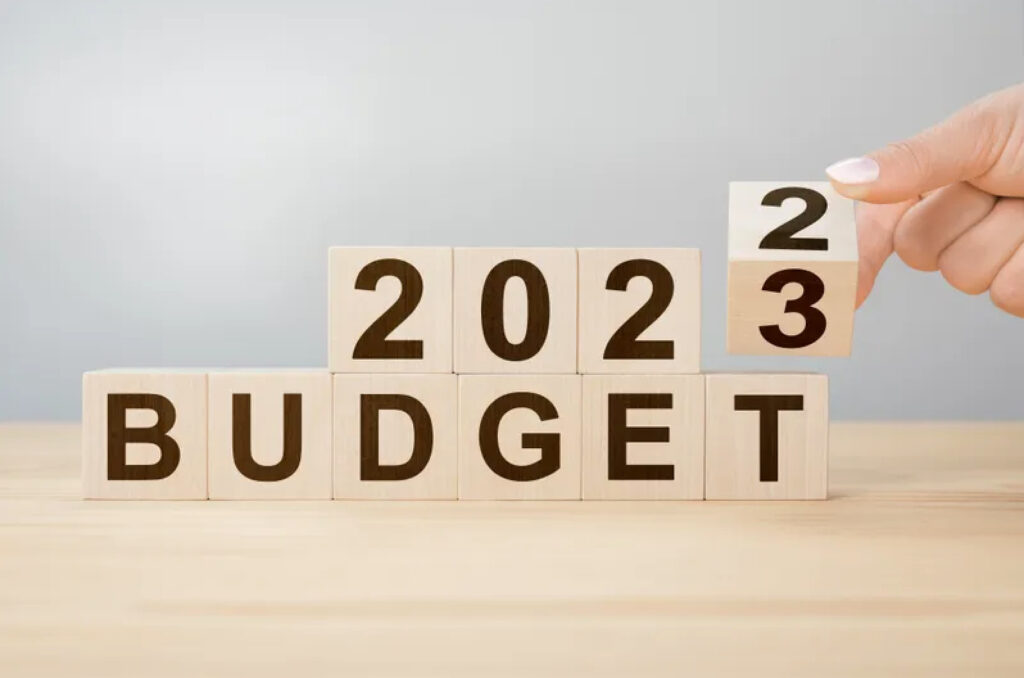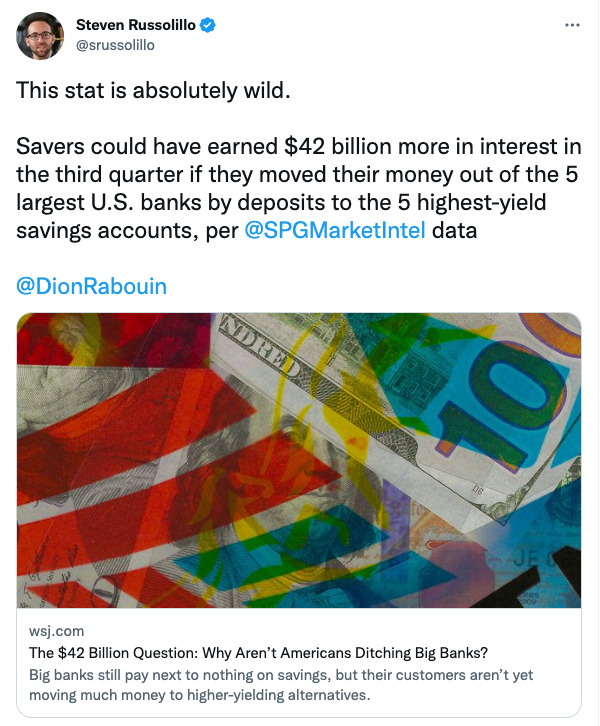end-of-year Checklist
This month we finish up our quarterly conversation around end-of-year planning.
The end of the year is a great time for reflection. It’s also a good time to review and audit some things in your financial life. We’ve put together a list of things you might want to consider before the end of the year.
Review Your 401(k)
This also includes any other employer-sponsored retirement plan (SEP IRA, SIMPLE IRA, 401b…etc).
Having a good understanding of your plan is important. Some things to look for:
- What are you currently contributing?
- What is your employer match?
- What is the vesting schedule?
- Do you have a Roth option?
- Does your plan offer after-tax contributions?
- Does your plan offer in-service conversions?
- Does your plan offer automatic escalation?
- What are your investment options?
- What are you invested in?
If you don’t know this information, you can ask your HR person or just request a summary plan description (SPD) of your plan.
While you’re reviewing, you may want to increase your contributions. Ideally, you will be able to max out your plan at some point. The maximum 401(k) contribution amount in 2022 is $20,500 for those under 50 and $27,000 for those 50 and above.
Review Your Cash Flow
The end of the year is also a good time to review your spending.

Many people have the luxury of not having to worry about what they spend each month. While this is, as I mentioned, a luxury, it can also lead to potential trouble in the future.
Most people in the US are not saving enough money. This is largely due to them not prioritizing saving and just saving what’s left over.
By taking time at the end of each year to review your spending, you can make adjustments if needed.
One question we ask our clients is what they love or enjoy spending money on. This may seem silly initially, but it’s useful. When you take the time to review your spending, you can see in black and white where the money is going.
The goal of this review isn’t to make anyone feel bad. It’s to raise awareness and create space for adjustments.
If you enjoy spending money on travel, but you didn’t do any traveling this year, it might be helpful to see if there are any areas you are spending money that don’t provide the joy of travel and look to cut back.
Whether you make changes or not, doing a review of spending at least once a year is helpful.
Move Your Money
Reviewing your emergency fund is another checklist item that we lumped in with this one. We recommend having at least three to six months’ worth of your monthly expenses in an emergency fund.
But where should you hold that cash?
Many people today, still have their cash in a savings account at a big bank. These big banks offer virtually no interest for borrowing your money. In fact, as of today (12/14/22), BoA is paying 0.01% on cash in their savings account.
Contrast that with an online savings account which is where we would recommend holding your emergency fund. The interest rates on cash in an online savings account today (12/14/22) range from 3.00% to 4.03%.
The money being left on the table is mind-blowing!

Do yourself a favor and go to bankrate.com and enter your zip code and how much cash you have. They will tell you the best rates available and give details on each. I’d recommend doing some research into the banks listed.
Ideally, you want one with no account minimums in case you have a major expense and need cash. You don’t want any unnecessary fees. Most also provide enough monthly transactions to make them a great place for emergency savings.
Consider Doing a Roth Conversion
This won’t apply to everyone, but for the right person, this could be valuable.
First of all, a Roth conversion is where you convert (or move) money from your traditional IRA or 401(k) into a Roth IRA or 401(k).
When you do this, the amount you convert becomes taxable income to you in the year you do the conversion.
Some reasons a Roth conversion could be worth considering are:
- You recently retired, but haven’t reached the point of required minimum distributions (RMDs).
- This could reduce the amount of money in your traditional IRA, therefore reducing your potential RMDs.
- You had less income this year than normal and are in a lower tax bracket.
- You could potentially convert up to the next marginal bracket.
- You don’t have a major need for your IRA and plan to leave it to your kids.
- Converting allows you to pay the taxes now versus in the future. You will be able to pass on those assets tax-free.
As a reminder, any amount that you convert will be taxable. You should consult your CPA before doing anything though to see how it will impact your tax situation.
Additional Items
There are many things that you can do at the end of the year to put yourself in a better spot moving forward. We don’t have time to cover them all.
Below are a few more things you might want to do before the year is over as well:
- Get a free copy of your credit report.
- Check to make sure your beneficiaries are correct on all your accounts and insurance policies.
- Check your flexible spending account balance
- If you have a balance left, you most likely will need to use this before the end of the year or you may lose it.
- Consider harvesting losses in your taxable account
- This will reset your basis in your account but can be helpful. We recommend consulting your CPA and/or financial planner/advisor.
- Review debt and strategies for paying it down.
Consider Hiring a Financial Planner/Advisor

Lastly, I’d not be doing my job well if I didn’t say that if you don’t currently have a financial planner, I would recommend you consider working with one.
I’m not saying you aren’t smart enough to do this on your own. In fact, if you’ve read this far, you probably are. The issue is, do you have enough time to do so, and do you want to?
I think everyone can benefit from working with a good (emphasis on good) financial planner (emphasis on planner). Finding a good one can be a scary or difficult proposition.
Another barrier I hear a lot from people is that they don’t think they can afford to work with a planner or they don’t have enough money to work with one. Both aren’t true.
There are so many different ways to work with a good planner now. Some charge hourly, while others have a monthly/quarterly subscription-type model. Some charge a standard asset under management fee, while others charge a one-time planning fee. Some offer multiple options.
The process below is a good place to start if you’ve never thought about it before.
- Do some research
- Figure out what you want/need.
- Do you want someone who will meet with you in person or would you rather meet digitally?
- Do you want someone who will be your partner from now to and through retirement?
- Do you want someone that will take some time to understand your situation, build you out a plan, and then you take it from there?
- Do you have a pretty good grip on things, but just want an extra set of eyes on what you’re doing?
- Do you want someone who just gives you investment advice once or twice a year?
- Ask people that you trust if they’re working with someone.
- Ask them what their experience has been like and if they would refer them.
- Figure out what you want/need.
- Pick a couple/few and interview them
- Now that you have an idea of what you’re looking for, go and meet with a few to see if they would be a good fit.
- Follow up with any questions that you may have.
- Discuss with your spouse or someone with experience you trust.
- Trust your gut, make a decision, and move forward.
- Engage fully and be open to feedback. Client input and engagement is vital to reap the benefits of using a financial planner.
Did You Know?
60% of Americans plan to rely on Social Security as their main source of income in retirement. As of April 2022, the average monthly SS benefit was $1,666/month.
Quotable
“I believe that the biggest mistake that most people make when it comes to their retirement is they do not plan for it. They take the same route as Alice in the story from “Alice in Wonderland,” in which the cat tells Alice that surely, she will get somewhere as long as she walks long enough. It may not be exactly where you wanted to get to, but you certainly get somewhere.”
― Mark Singer

